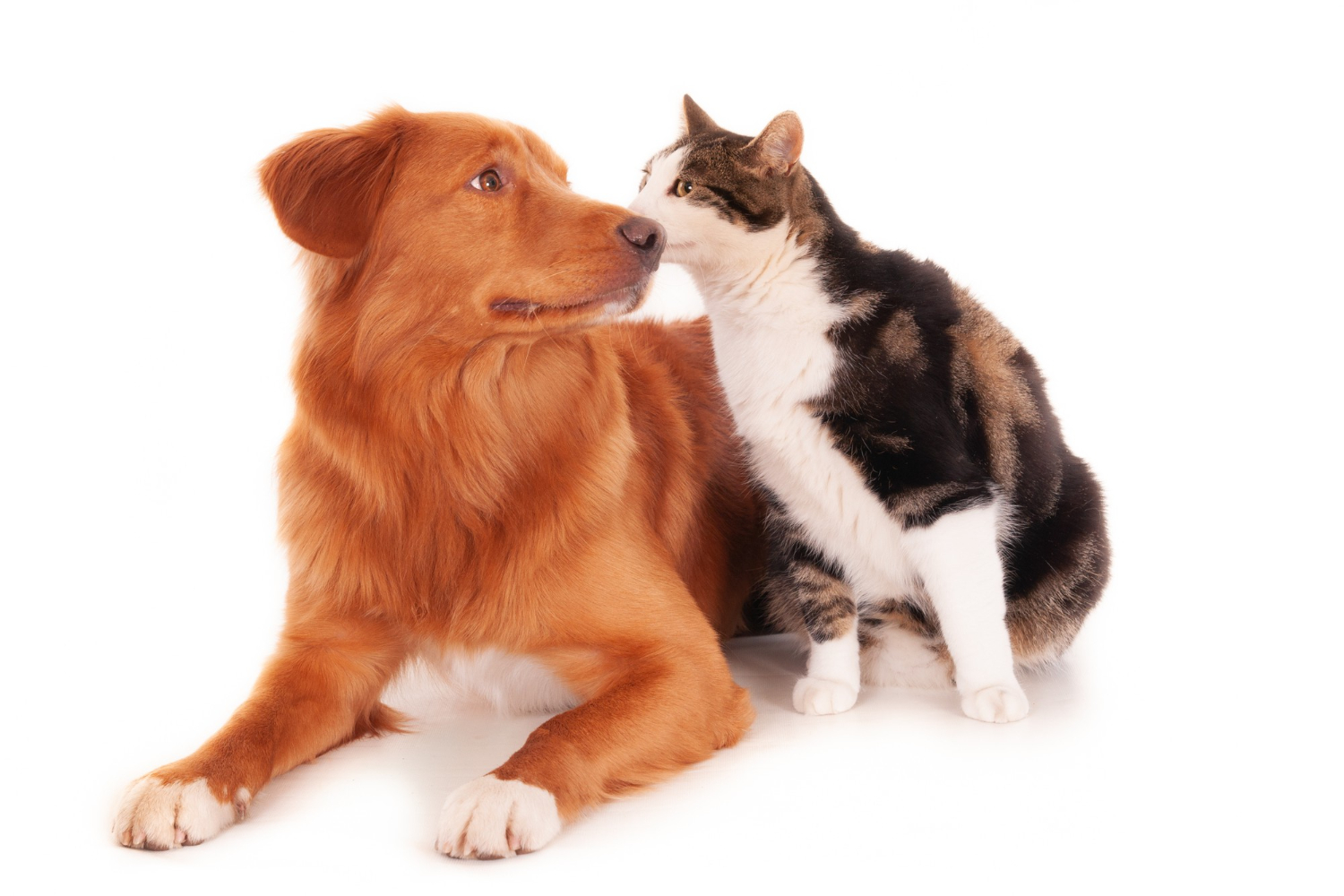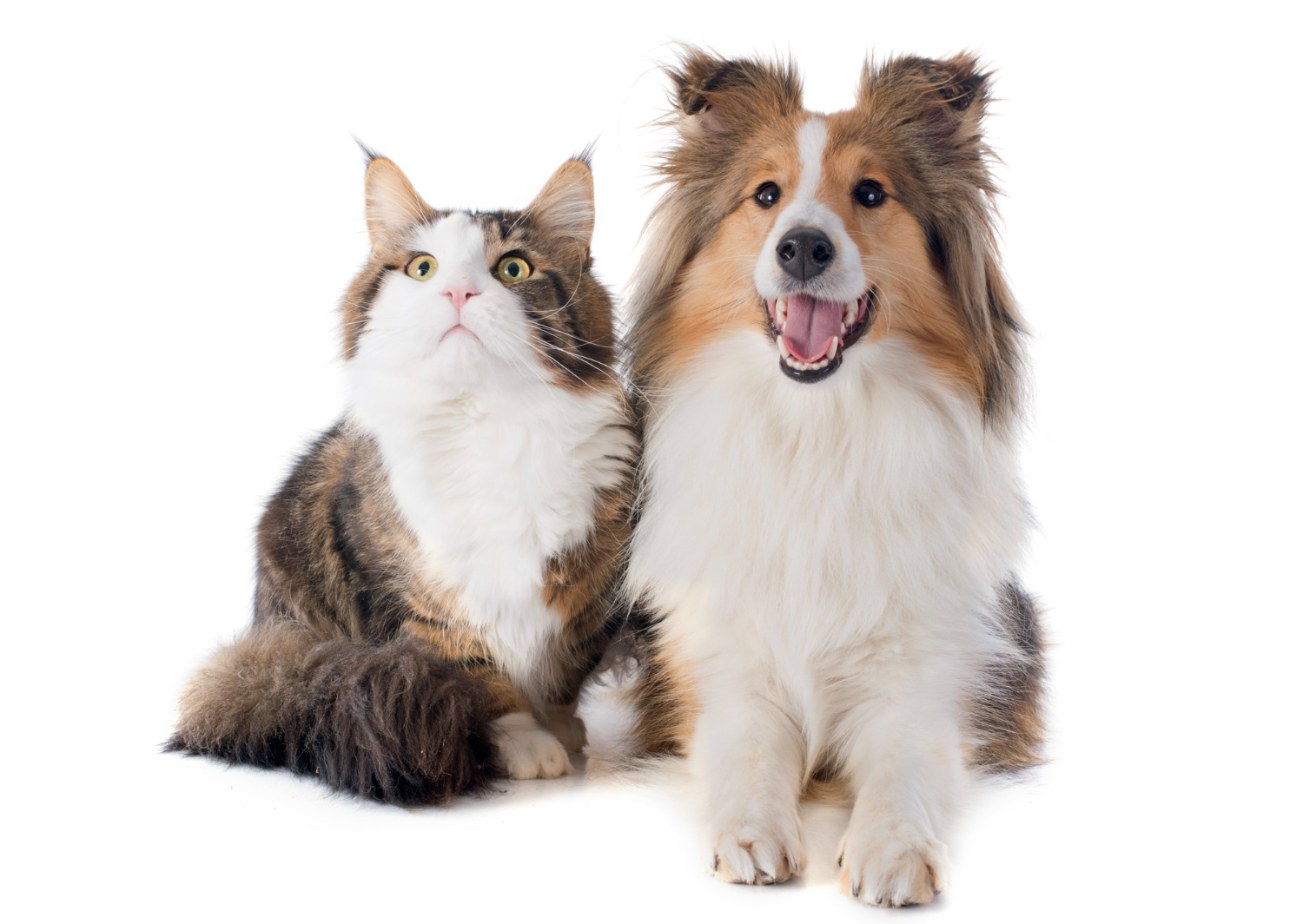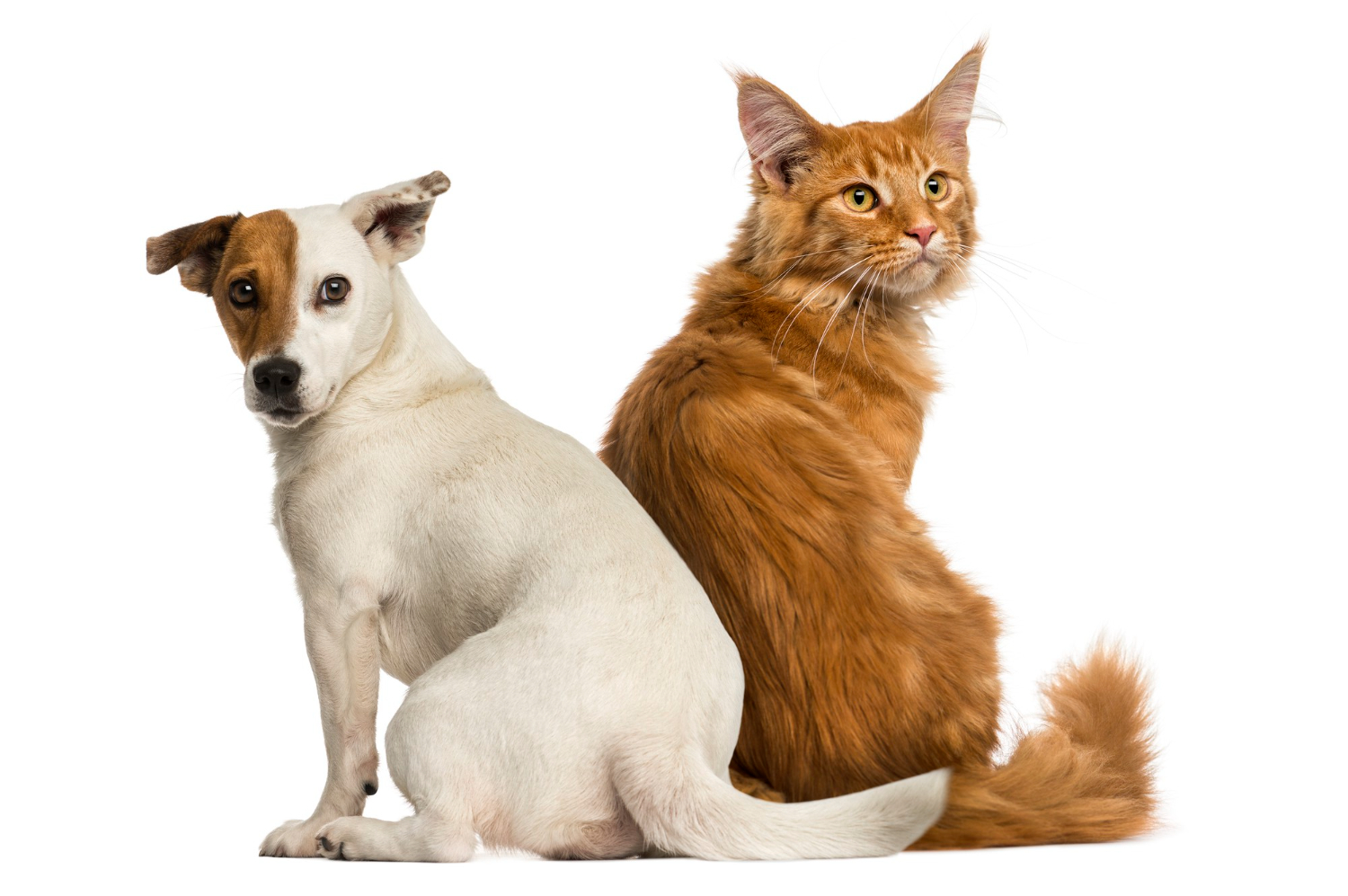Exceptional
Pet Care
& Time-Honored Customer Service
Cherrelyn Animal Hospital is a full-service animal hospital servicing the Centennial, Littleton, Denver, and Englewood, CO, areas. We treat the full range of scales, tails, and feathers. We’ve covered you, from wellness visits, surgery, and chronic illness management to boarding and bathing.
Proudly Welcoming New Clients!

Various members of our staff are happy to assist our English, Portuguese, Hmoob (Hmong), and Spanish speaking clients!
Dedicated to Excellence for over 65 years
65 years ago, Cherrelyn Animal Hospital was founded with the idea that we would be “Dedicated to Excellence.” Throughout those 65 years, Cherrelyn has been handed down to only three owners (four in total), each of whom has meticulously ensured that the idea of excellence only grew to encompass more and more of who we are and what we do every day.
Complete Veterinary Care in Englewood, CO
We understand your pet is an essential family member and deserves high-quality veterinary services. Our veterinary staff works to maintain the health and happiness of your pet, from annual checkups to surgical procedures and more.
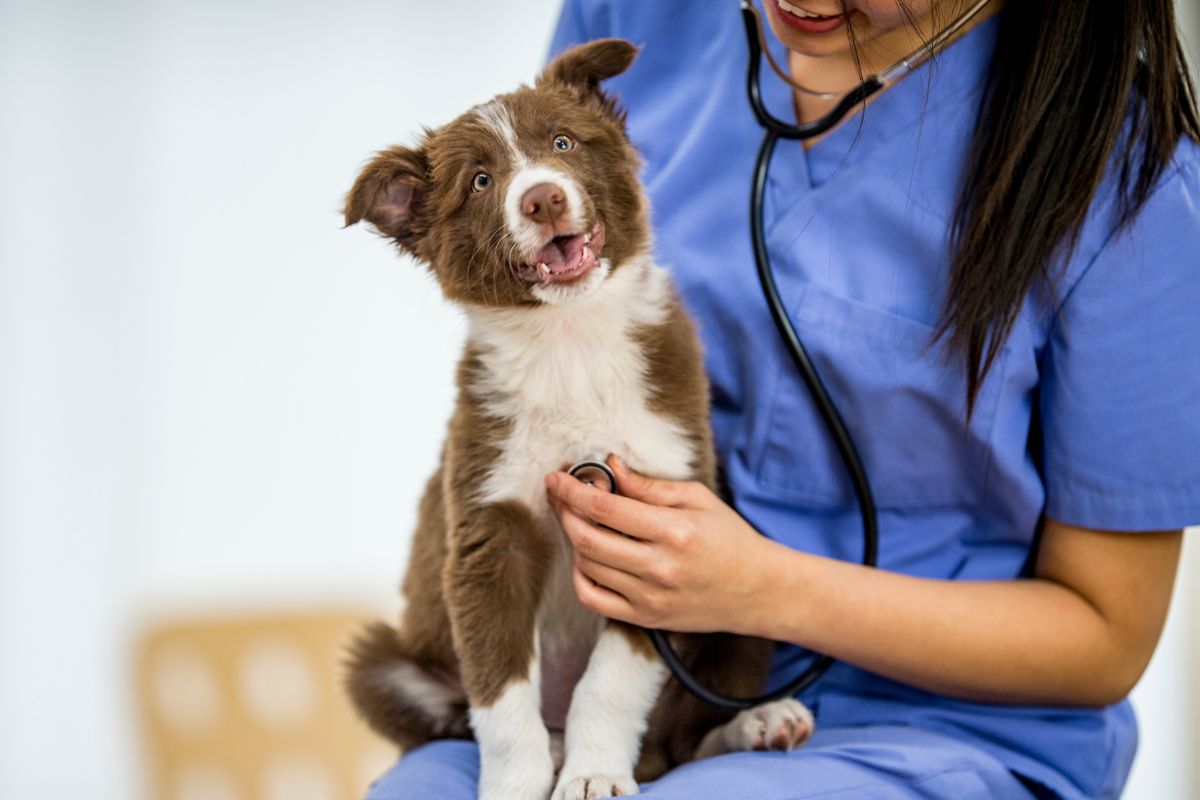
Pet Wellness Visits
Annual wellness exams are an essential part of preventative care for your pet. We recommend that all dogs and cats have a yearly wellness exam.
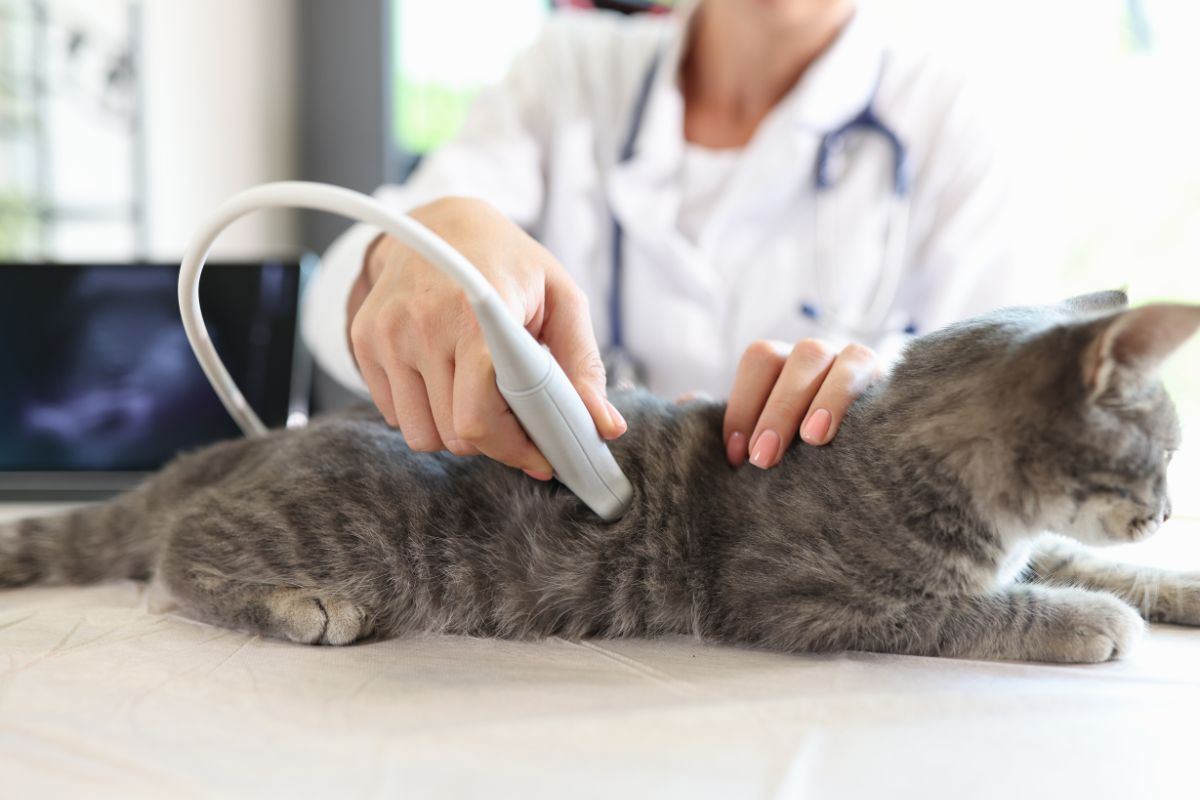
Pet Internal Medicine
Internal medicine is a specialty veterinary discipline focusing on diagnosing and treating complicated diseases that may affect your pet.
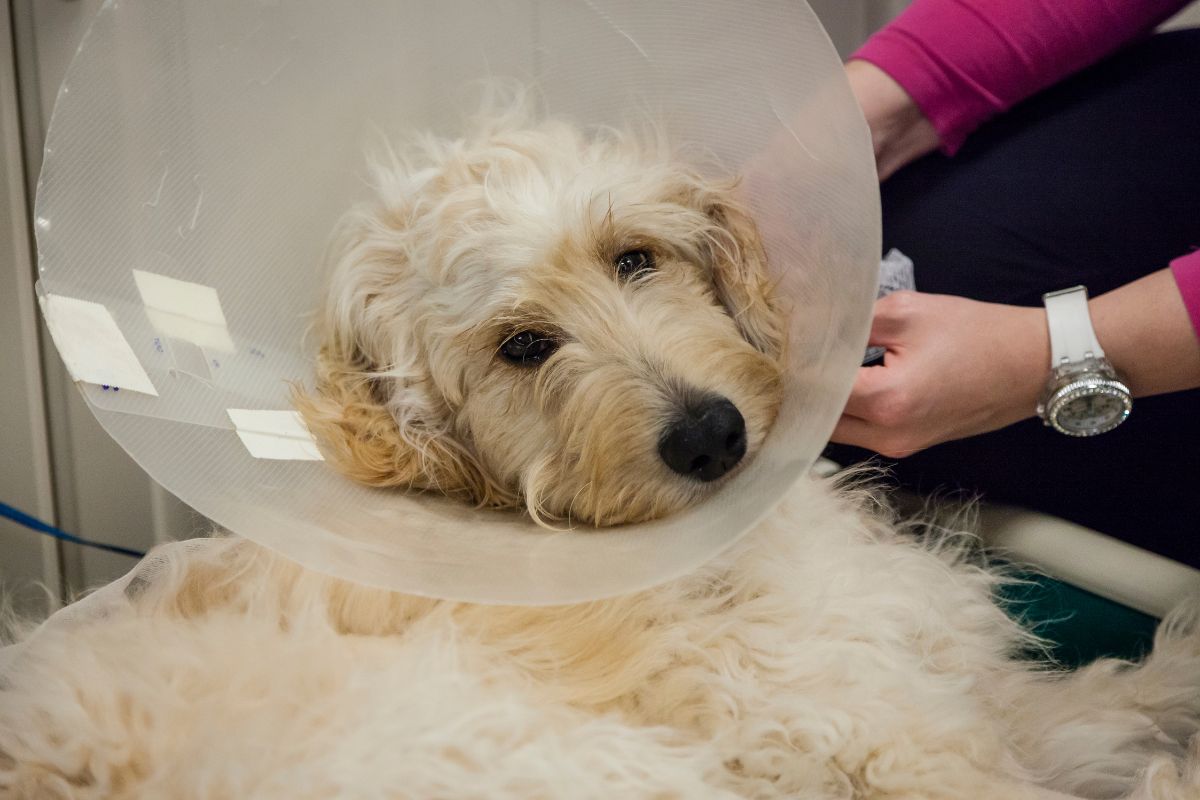
Pet Surgery
We are pleased to provide our patients with a wide range of surgical services, from standard procedures such as spay/neuter to more complex surgeries.
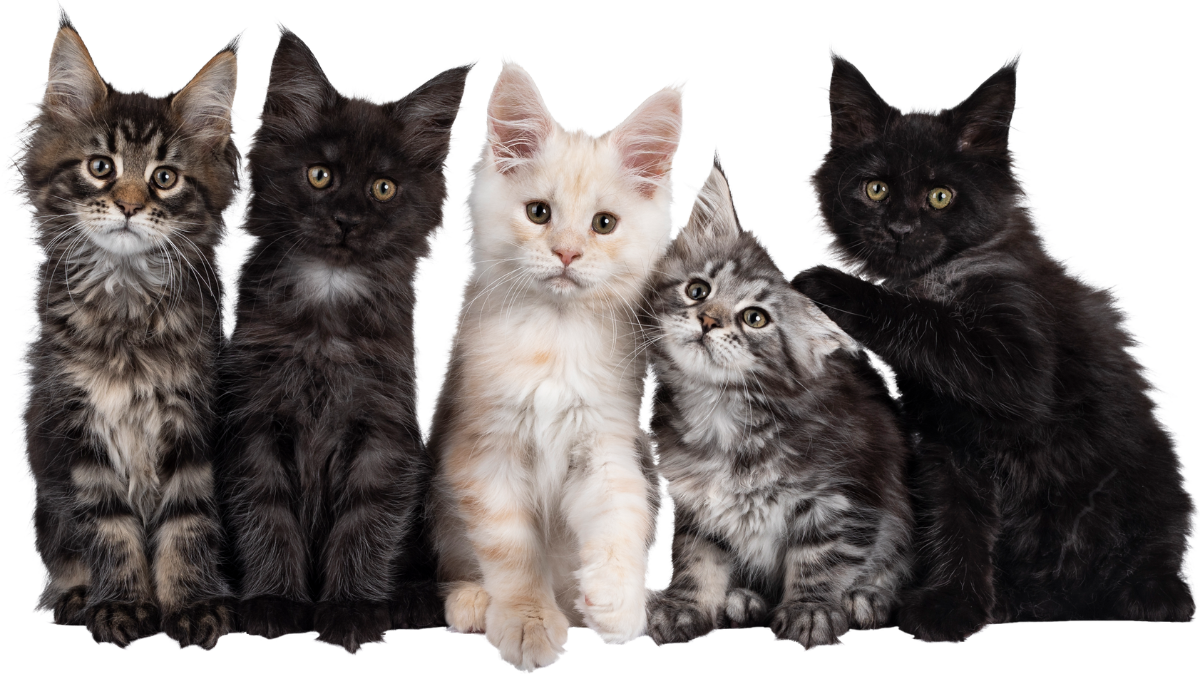
Meet Our Veterinarians & Staff
Our passionate veterinarians are dedicated to providing innovative veterinary care and collaborating with you as a partner in your pet’s medical care. They understand your pet’s unique place in your family. Our veterinary team is highly trained and dedicated to exceptional service, and we are happy to answer your questions and address any concerns.

